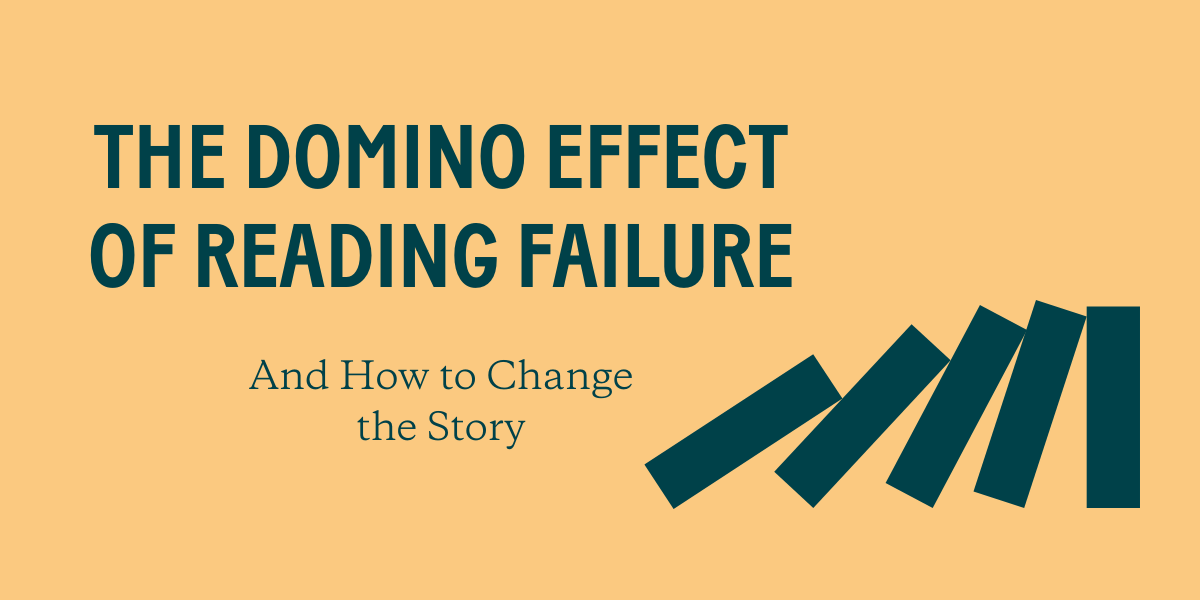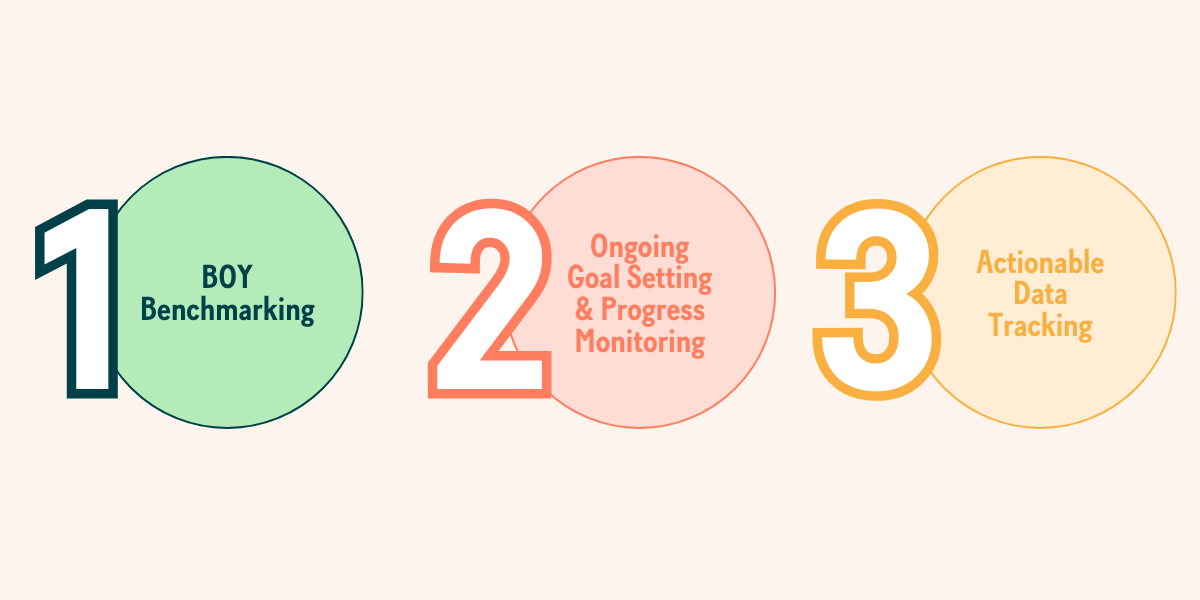88% Never Catch Up: The Alarming Truth About Third Grade Reading
By the end of third grade, children make a critical transition: from learning to read → to reading to learn. But for millions of students, this...
K-12Discover how Readable English is transforming reading instruction |
PROGRESS MONITORINGEasily assess and monitor growth with data-driven insights and reporting tools |
PROFESSIONAL SERVICESDiscover the services that support your success, from virtual training to expert coaching |
INDIVIDUALSStrengthen your reading skills with an interactive app tailored to your learning needs |
PARENTSEmpower your child's reading journey with an interactive app and expert strategies for home support |
|

|
Rethinking Reading: How One District Transformed Instruction (SmartBrief)Discover how a bold shift in reading instruction helped struggling learners thrive - and the critical role Readable English played in their success.
|
RESEARCH & RESULTSExplore peer-reviewed studies and real-world case studies on Readable English in action |
BLOGExplore articles on feature highlights, research deep-dives, and the latest literacy insights |
EBOOKDownload the ebook Why Learning to Read English is So Hard and how to Make it Easier |
CUSTOMER STORIESDiscover how educators and administrators are transforming literacy with Readable English |
RESOURCE AND PRODUCT ENABLEMENT LIBRARYFind essential educational references and instructional materials to enhance teaching |
FAQSFind essential educational references and instructional materials to enhance teaching |
NEWS & EVENTSStay up to date with media coverage, webinars, and upcoming events featuring Readable English |
|
|
Rethinking Reading: How One District Transformed Instruction (SmartBrief)Discover how a bold shift in reading instruction helped struggling learners thrive - and the critical role Readable English played in their success. |
2 min read
 Anna Boyle
:
July 15, 2025
Anna Boyle
:
July 15, 2025
A recent report by The Education Trust–New York, Every Grade Counts: The State of Adolescent Literacy in New York, casts a stark light on a growing crisis: far too many students are entering middle and high school without the foundational literacy skills they need to succeed. In 2024, 35% of New York’s 8th graders scored below basic in reading on the NAEP exam - a figure even higher among students of color and those from low-income communities.
This isn’t just a New York issue. Nationwide, educators are grappling with how to support older students who never mastered decoding, fluency, and vocabulary in the early grades. As the report rightly emphasizes: “Older students still need systematic, explicit instruction to build literacy skills.” Yet many secondary schools lack the tools and training to meet these needs.
In her 2024 Forbes article "How To Help Older Students Who Struggle To Read", Natalie Wexler calls out a widespread misconception: that struggling adolescent readers mainly need help with comprehension strategies. In reality, many never mastered decoding, the essential skill of matching written words to spoken language.
As Wexler notes, a 14-year-old who can’t decode isn’t likely to benefit from being taught how to “identify the main idea.” These students need phonics-based, explicit instruction that addresses the root of their reading difficulties, without compromising access to grade-level content.
Readable English offers a practical, scalable solution. Our system helps students decode while engaging with age-appropriate academic content. Using a patented method that embeds visual pronunciation cues directly into text, we remove the inconsistencies of English spelling that make reading so challenging for many learners.
Our approach is grounded in Cognitive Load Theory, and endorsed by its founder, John Sweller. By reducing the mental effort needed for decoding, students can focus their cognitive resources on fluency, comprehension, and content knowledge.
Just as Wexler advocates for interventions that help students “catch up without dumbing down,” Readable English supports foundational skills without sacrificing academic rigor. Students aren’t pulled out to work with simplified texts - they read grade-level materials with tools that empower them to succeed.
In independent, peer-reviewed studies, Readable English has helped older students achieve:
Up to 2 years of reading growth in as little as 60 instructional hours.
significant gains in fluency, comprehension, and engagement.
Positive outcomes across both middle school and high school settings.
While New York’s 2024 “Back to Basics” law allocates $10 million for teacher training in early literacy, it offers little support for students who are already years behind. Adolescent readers need more than content-area reading practice; they need structured interventions grounded in how the brain learns to read.
At Readable English, we believe every student, regardless of age, deserves a real shot at literacy. As Wexler and others have pointed out, programs aligned with the science of reading and focused on decoding are gaining national recognition for their ability to truly change outcomes.
The Education Trust urges New York to prioritize adolescent literacy with the same intensity it applies to early-grade reading. That means expanding training, resources, and interventions for middle and high school educators, and embracing tools that reflect what we now know about how the brain learns to read.
At Readable English, we’re proud to be part of this movement. When programs combine the science of reading with practical, scalable solutions, we begin to close long-standing equity gaps in education.
Let’s keep going. Let’s ensure every student, no matter their grade or background, has the opportunity to become a confident, capable reader.
Want to learn more about Readable English? Explore our resource library or contact us to see how we can help your district equip all learners for reading success.

By the end of third grade, children make a critical transition: from learning to read → to reading to learn. But for millions of students, this...

As an educator, you know that helping students improve their reading skills requires more than just practice - it requires a clear strategy. The...

Reading intervention for older students has long been one of the most challenging aspects of education. As highlighted in a recent article by The New...